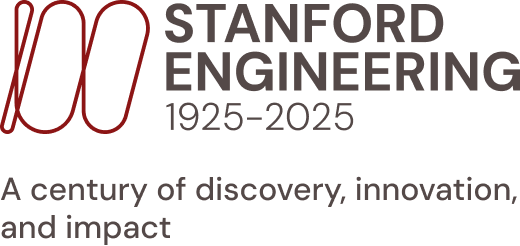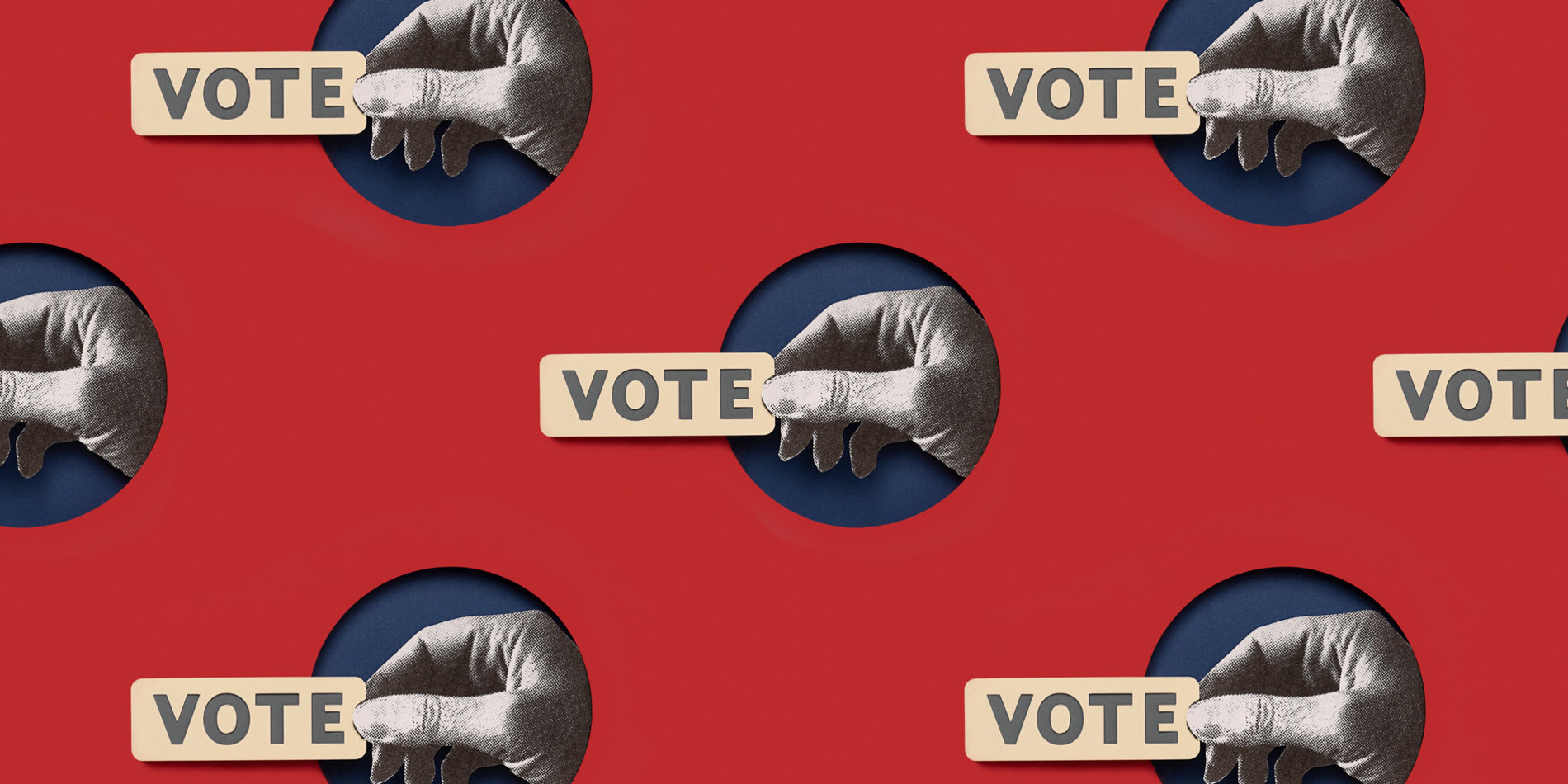How to hold a secure election
Stanford Engineering’s Dan Boneh is one of the world’s leading experts in encryption technology.
Stanford Law’s Nate Persily (JD ’98) is a similarly accomplished election lawyer. Both joined host Jenny S. Martinez, dean of Stanford Law School, for an insider’s look at what it takes to hold a free, fair and secure election in 2020.
The challenges are considerable. Elections must be open, authentic, secret, and verifiable to be seen by voters as legitimate, says Boneh. In that regard, better election technology can help. But the risks are equally great. It is fair to say America’s vaunted democracy could be at risk if the presidential election of 2020 is seen as illegitimate.
Persily says that both the challenges and risks have grown and changed in recent years as global hyperconnectivity and social media have tested the boundaries of fairness in campaign communication. In the end, he says, all voters just want to know: Are our elections legitimate?
For the answer to that profound and pressing question, tune in to our discussion here. The conversation is followed by an in-depth audience question-and-answer session.




